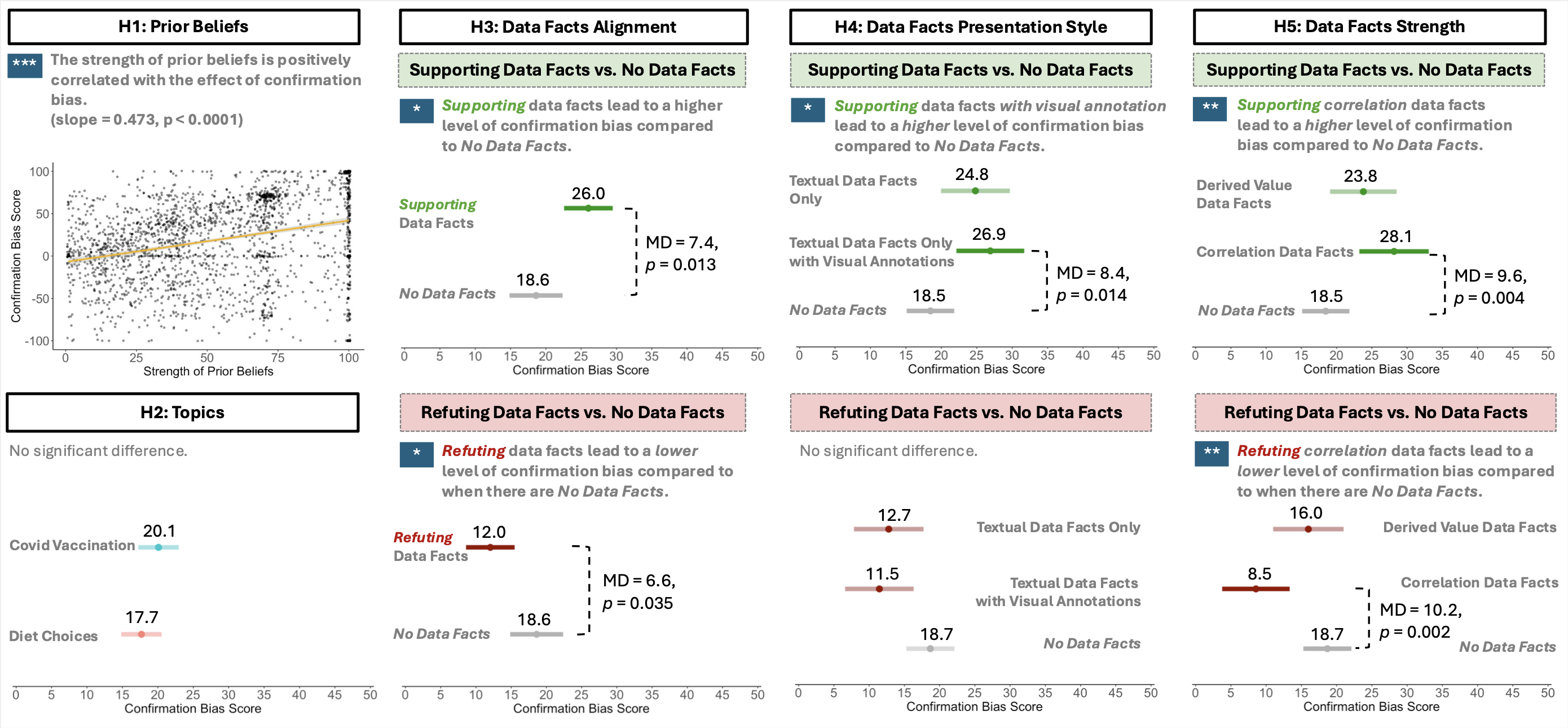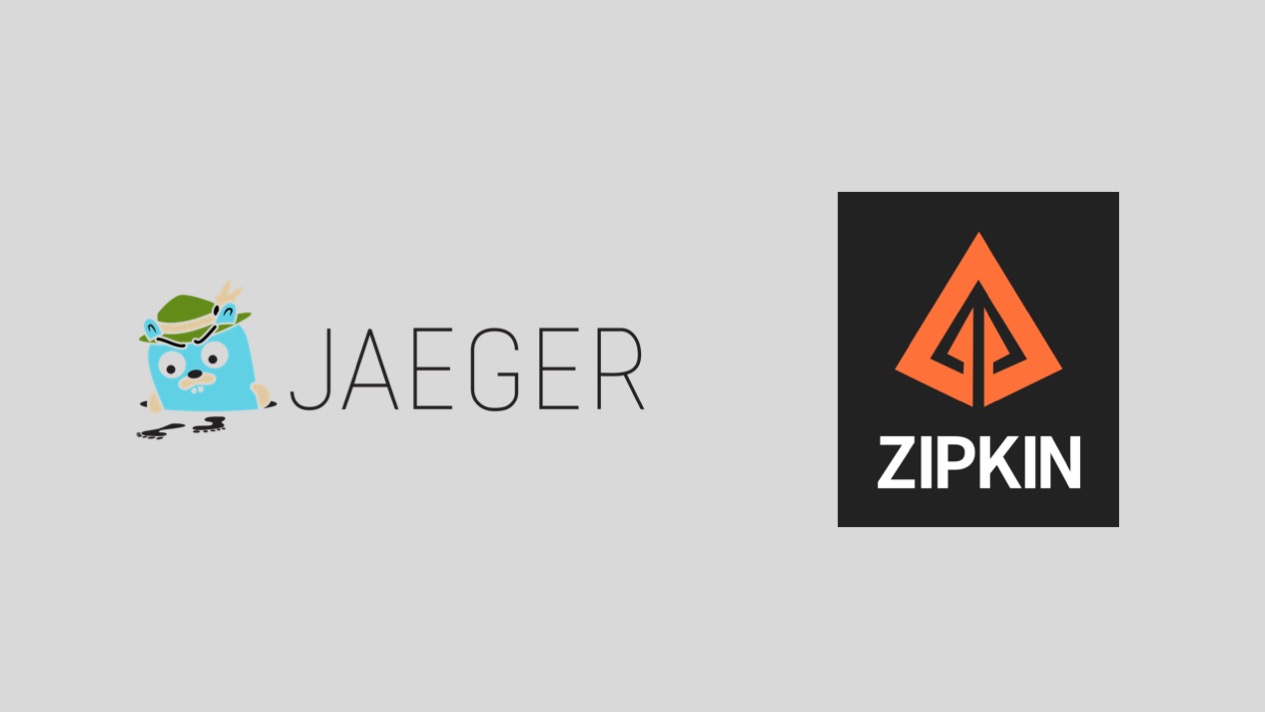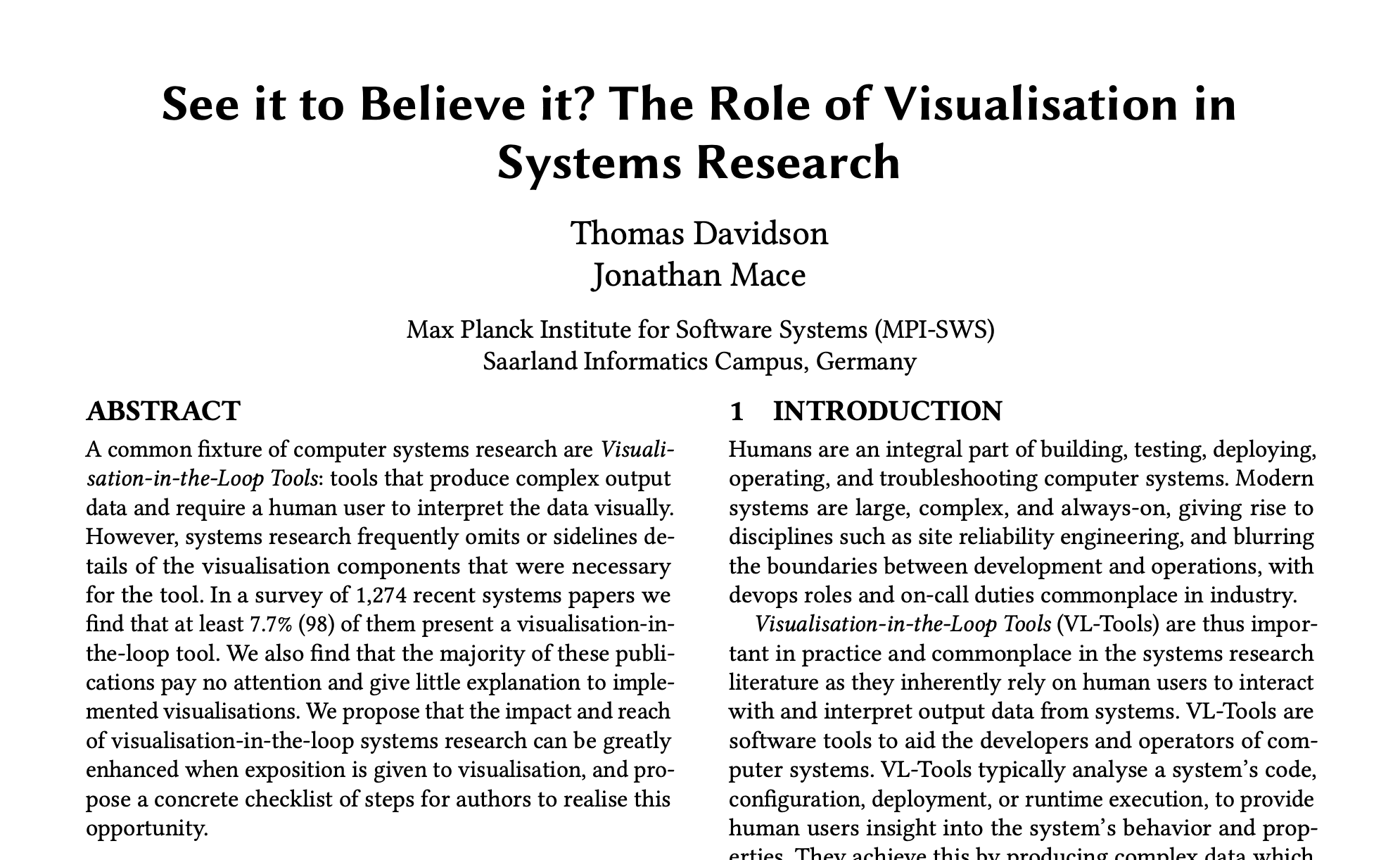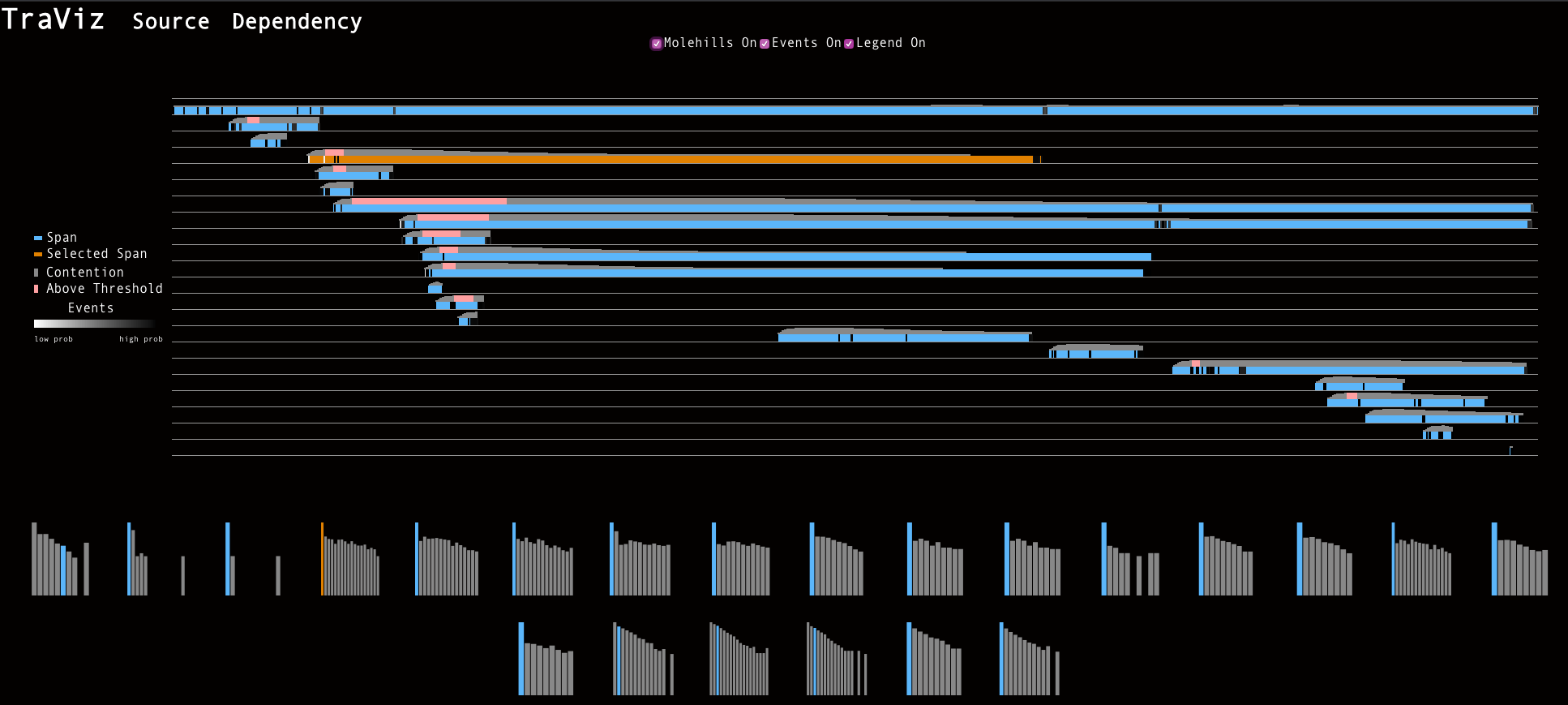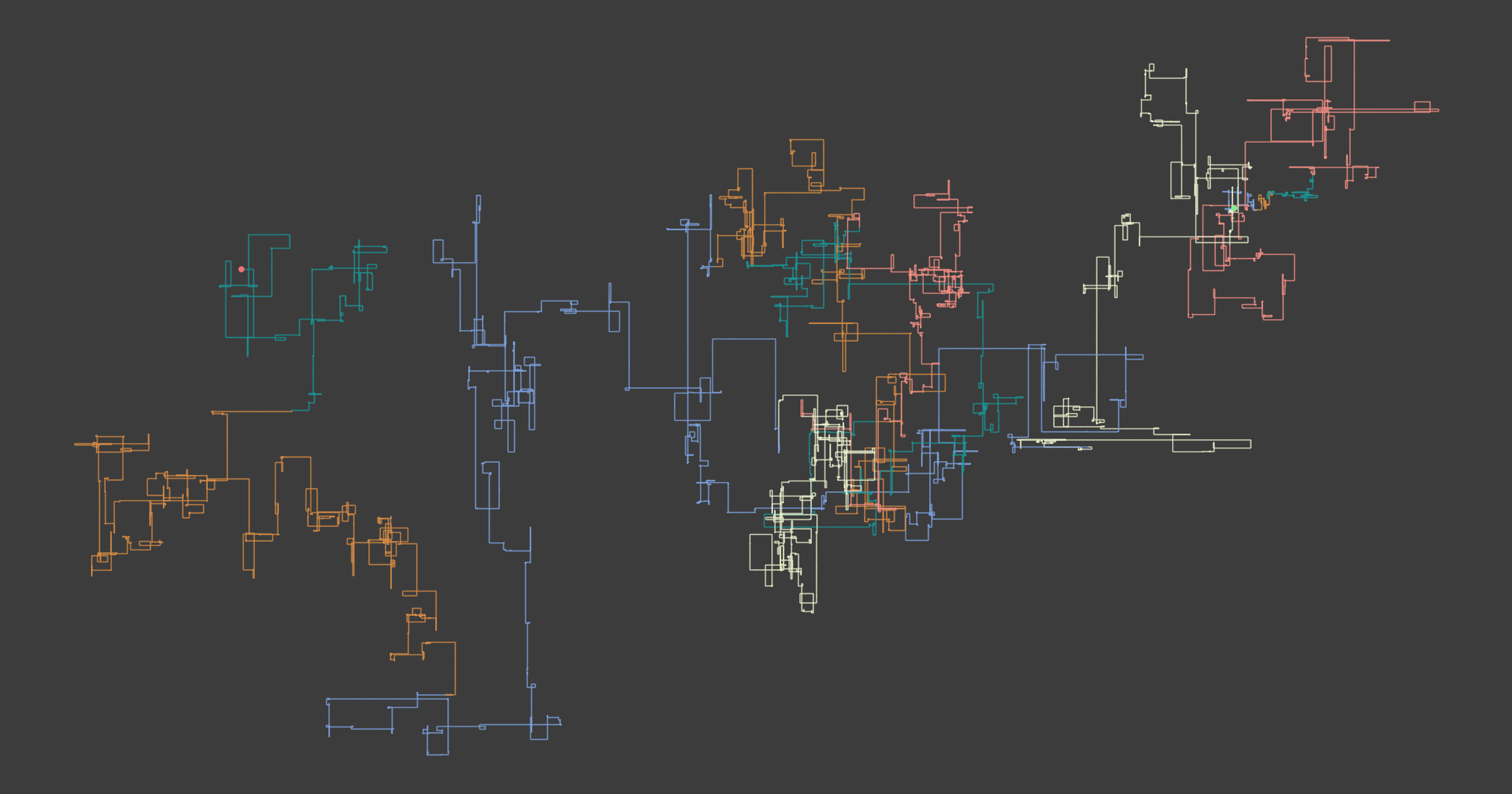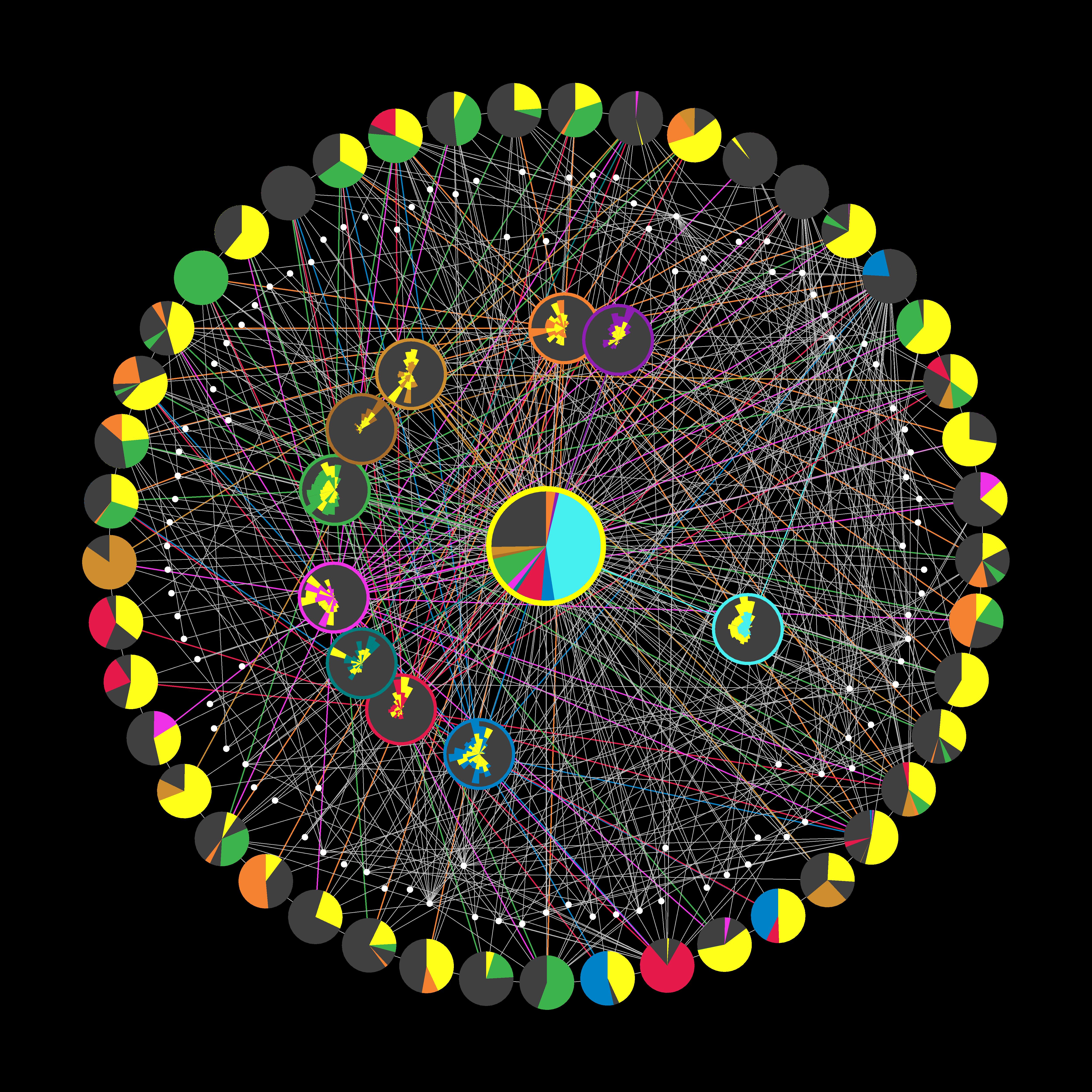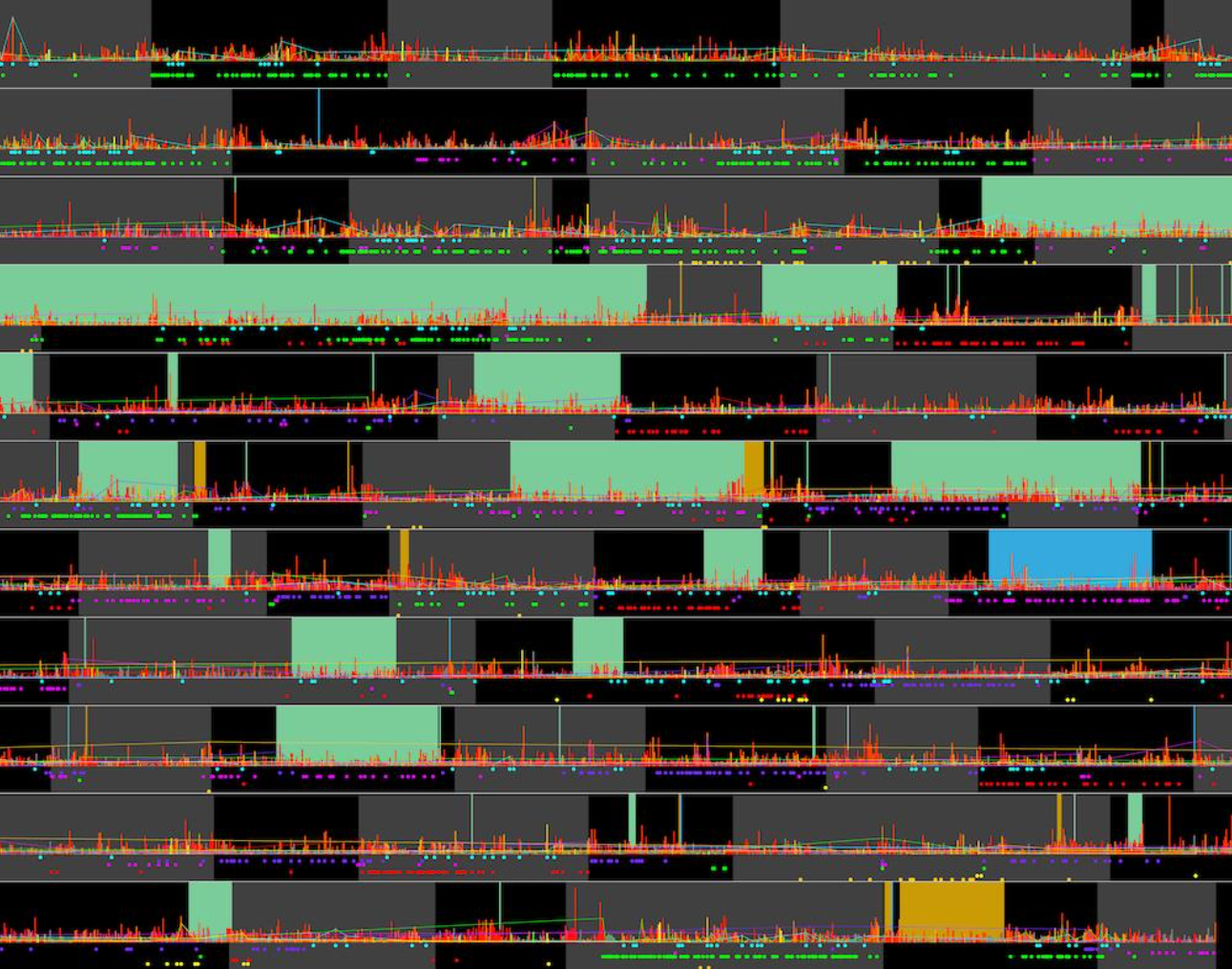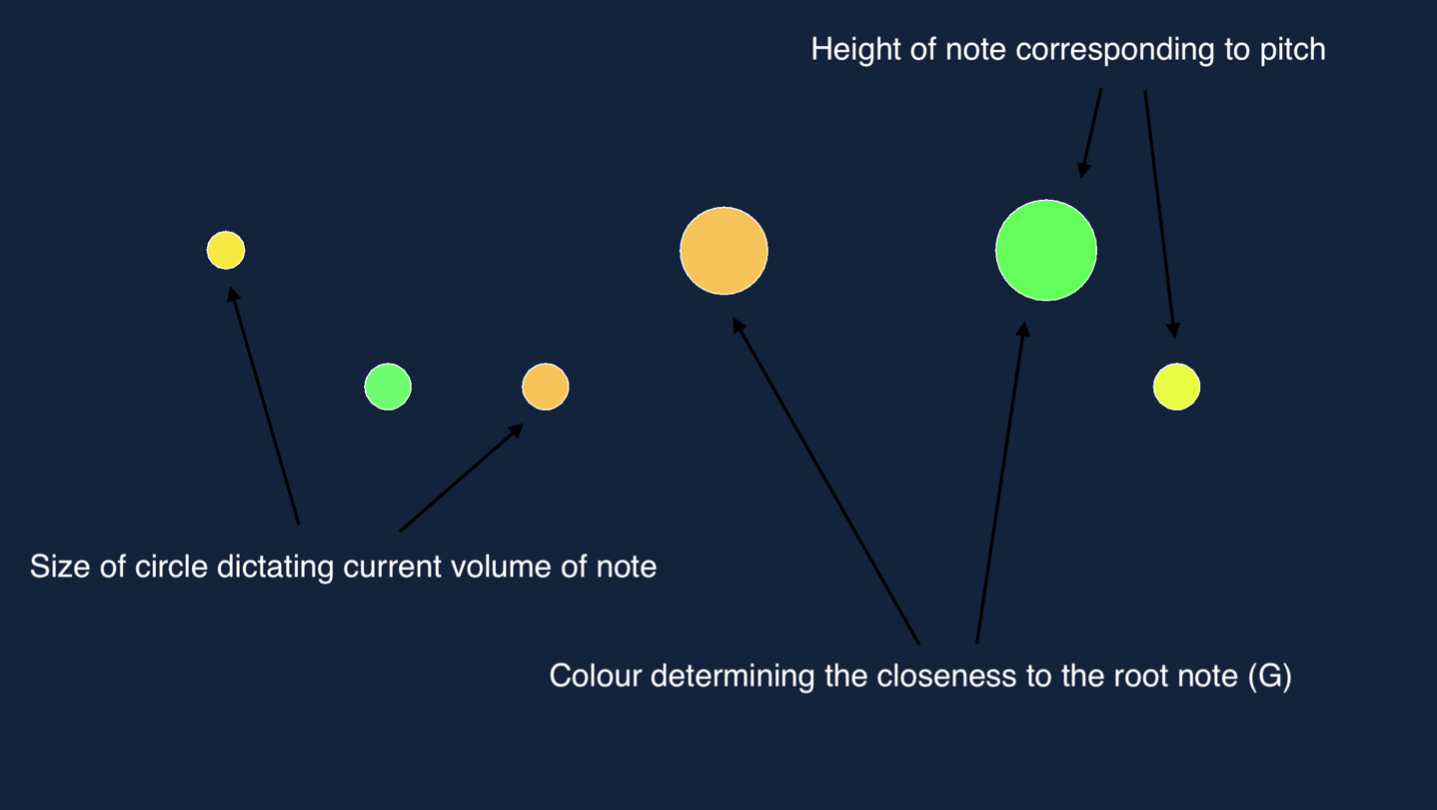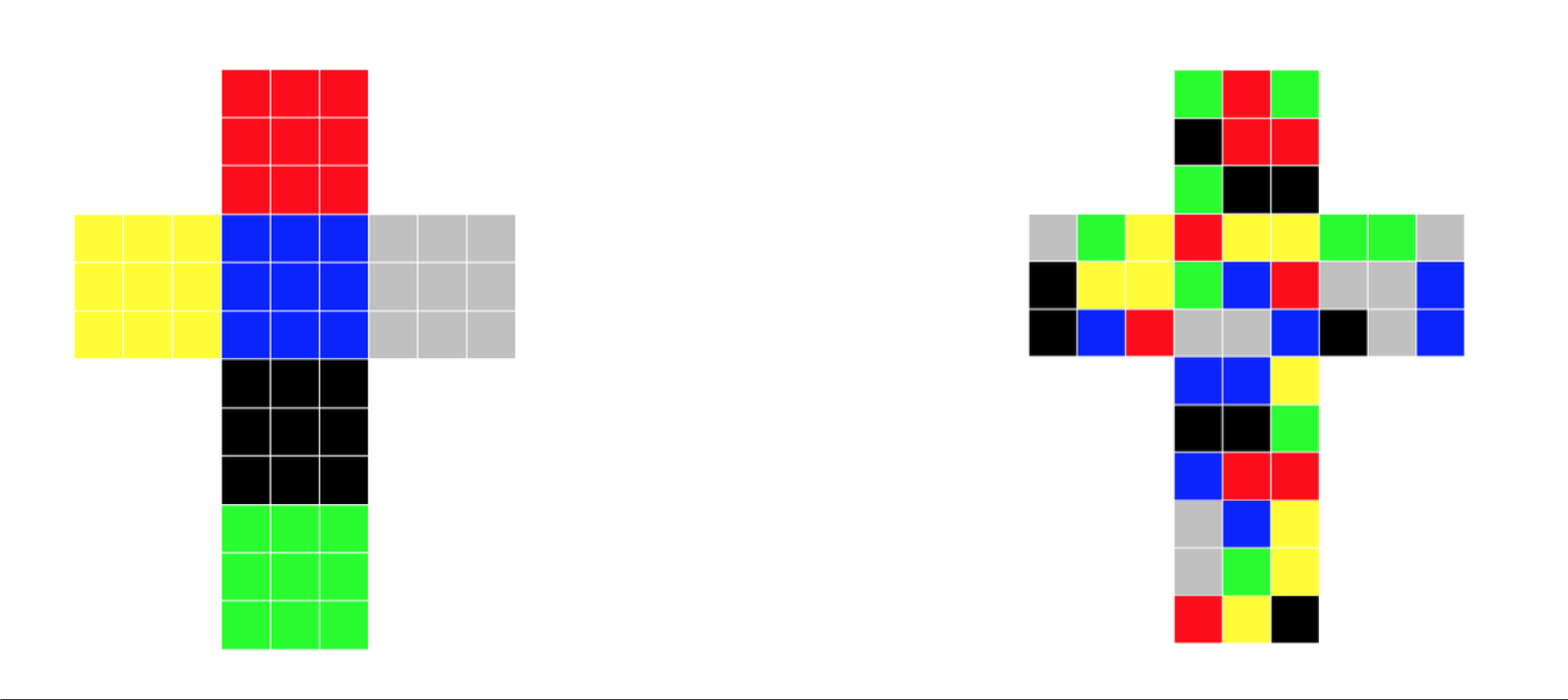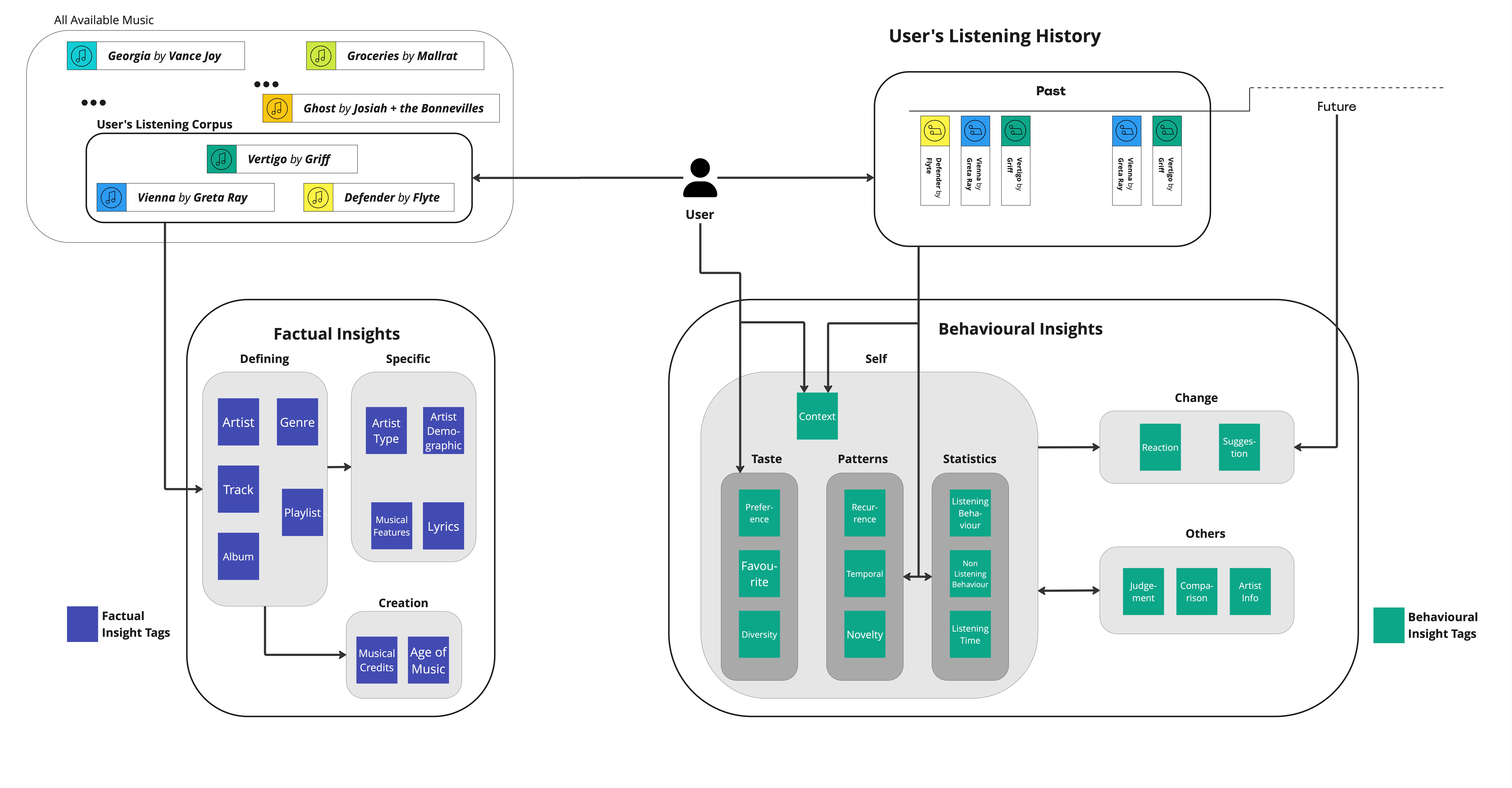
Spotify Warped
We conducted a crowd-sourced survey to understand the kinds of insights users wanted to learn about their music listening history. Through this lens we examined and contrasted the information desires of Casual Users and Self-Tracking users, as well as the impact of passively collected data and how these elements could change conceptual models of Personal Informatics. We explored barriers that exist for users accessing and engaging with their data and established an information space to describe the abstract insights users wanted to learn before outlining how well existing summaries satisfy these information needs. We highlighted distinct differences between casual users and those who commit significant time to tracking and establish how well existing frameworks can explain these users needs. This work is currently under submission and is available on request.
